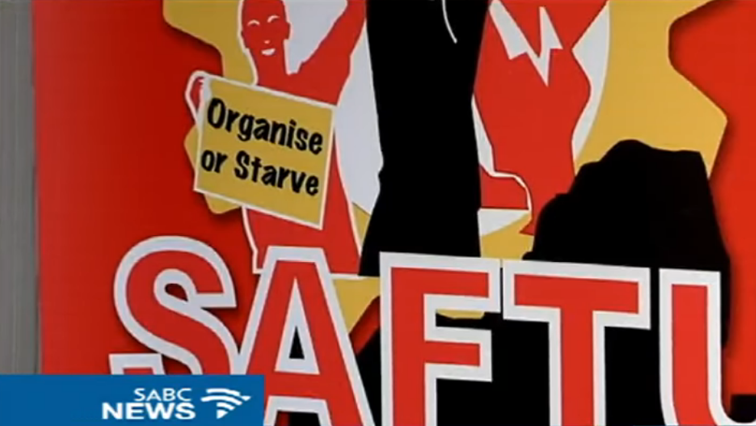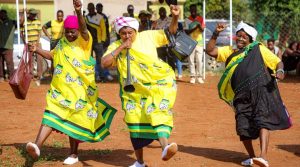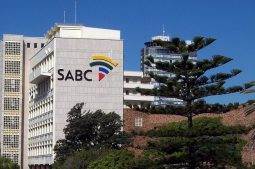South African Federation of Trade Unions (Saftu)will embark on a national strike on Wednesday in protest against the proposed national minimum wage of R20 an hour and changes to labour laws.
Its president, Mack Chabalala, has reiterated that members from several other unions are prepared to join the Wednesday’s strike. The federation says it plans to bring the economy to a standstill over its objections to the proposed legislation that it says will make it harder for workers to go on strike.
Rival labour federation, the Congress of South African Trade Unions (Cosatu) has slammed the Saftu strike. Chabalala says Saftu is also against the recent one percentage point VAT increase and has invited Cosatu to join the labour action.
“We are not in competition with anyone including Cosatu. We have written to Cosatu to join tomorrow’s (Wednesday) strike. It is about workers. It is only the leaders who are saying workers should not go. We are receiving a lot of calls of affiliates from Cosatu who are going to the streets tomorrow (Wednesday). We have a right to be in Nedlac. What is happening in Nedlac is that there are deals there that are being struck behind workers without consultation and this is one of those deals that have been struck. So this is what workers are rejecting.”
The National Union of Metalworkers (Numsa) is calling on all its members to support the Saftu strike. Numsa General Secretary Irvin Jim has lashed out companies threatening their workers not to strike.
Government approved the national minimum wage of R20 per hour to be implemented on 1 May 2018 but the Department of Labour says the process could be delayed by one or two months.
Numsa says the minimum wage is a shame and a continuation of racism. The union says it is reinforcing Saftu’s call for a total shutdown of the economy. The union is calling on all its members to join the strike regardless of the federation they belong to.
Saftu is holding four marches in the Eastern Cape as part of the national strike against the proposed minimum wage, new labour laws and VAT. The marches are to take place in Port Elizabeth, East London, Mthatha and Queenstown.
“First thing, we are rejecting the minimum wage. Secondly we are marching against Value Added Tax that has been introduced by government to the rest of the poor working people. Thirdly we are marching against what government has proposed in a bill in a Labour Relations Act to introduce further limitations to our rights to strike as workers. We are marching to demand more jobs to make sure that people are employed in decent well-paying jobs,” says Saftu’ s provincial convenor Mziyanda Twani.
Metrorail says their staff is not expected to join the mass action protest. The City of Cape Town earlier granted permission for a demonstration by members of the Federation of Trade Unions, which forms part of nationwide strike action.
Permission has been granted for 2000 people to participate in the march in the Cape Town CBD.
“Metrorail plans to operate its normal train service as best it can. There is no indication that any Prasa or Metrorail trade union will participate in sympathy in Saftu organised protest action,” says Metrorail spokesperson Riana Scott.
Minimum Wage App
The National Minimum Wage Act, 2017 is set to be implemented in May 2018. However, according to the Department of Labour, the process could be delayed by one or two months.
SABC Digital News and OpenUp (formerly Code for South Africa) has partnered to develop a Minimum Wage App that will give answers to the question: “Can South Africans survive on R3 500?”
Where does the information come from?
OpenUp has used the following data sources:
- Stats SA “Poverty Trends in South Africa” report
- Pietermaritzburg Agency for Community Social Action (PACSA) “Food Price Barometer“
- Stats SA “Income and Expenditure of Households Survey”
How is it calculated?
The money available for food is calculated by subtracting the money used for other expenses from household income. It could be said that it comes after these expenses, though they are actually in conjunction with each other.






